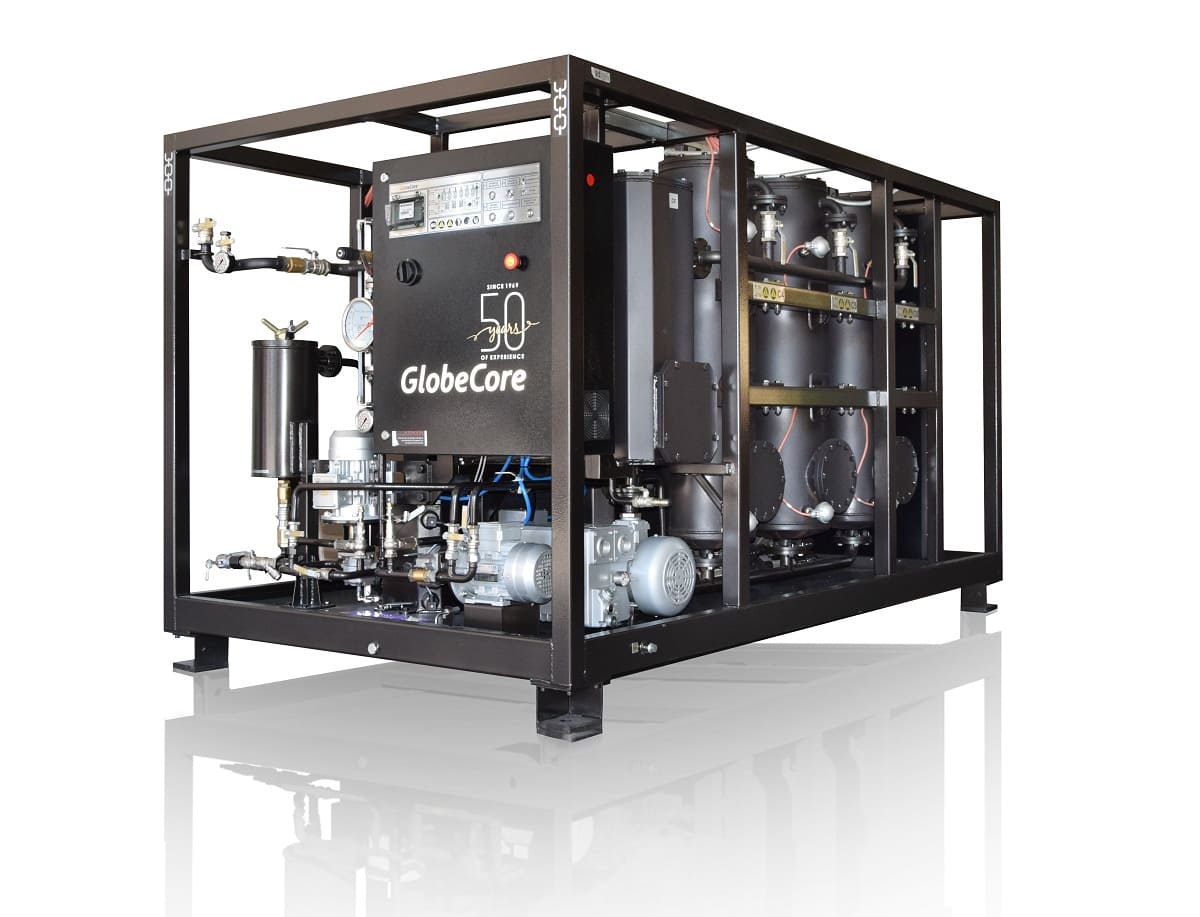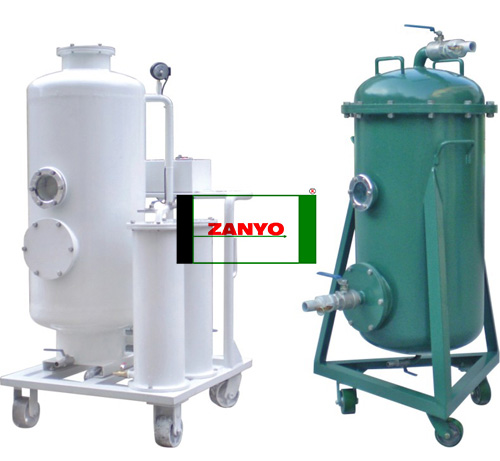What Makes Transformer Oil Regeneration a Market Must-Have
What Makes Transformer Oil Regeneration a Market Must-Have
Blog Article
Why Regenerated Transformer Oil Is Essential for Reliable Power Equipments
The crucial role of regenerated transformer oil in guaranteeing the dependability of power systems can not be overemphasized. By recovering the oil's inherent chemical and physical homes, the regeneration procedure considerably boosts its dielectric stamina and thermal performance.
Importance of Transformer Oil
Transformer oil plays an important function in the effective procedure of electric transformers. By offering thermal conductivity, transformer oil dissipates warmth created during electric operation, which is crucial for maintaining optimum operating temperature levels and prolonging the lifespan of the equipment.
Additionally, transformer oil serves as a barrier against moisture and air, which can cause oxidation and destruction of transformer products. The visibility of pollutants in the oil can dramatically hinder its insulating residential properties, leading to operational ineffectiveness and prospective tools failing. Normal surveillance and upkeep of transformer oil are therefore essential to making certain the proceeded performance of transformers.
The quality and structure of transformer oil are extremely important, as they directly affect the reliability and performance of the electric systems in which they run. Understanding the importance of transformer oil is essential for sectors and utilities reliant on robust power infrastructure, highlighting the need for effective monitoring and regrowth processes to preserve oil stability gradually.
Benefits of Regeneration Process

In addition, the regeneration process mitigates the degradation of oil, which can cause raised oxidation and acid formation. This not just boosts the reliability of the oil yet additionally decreases the threat of transformer failures because of insulation breakdown. The improved high quality of regenerated oil enables transformers to run at ideal degrees, eventually leading to enhanced energy efficiency and reduced operational prices.
Furthermore, the regrowth process adds to maintaining the overall wellness of the power system. Transformers can run much longer without the demand for oil replacement, hence decreasing downtime and maintenance initiatives. In recap, the regeneration process gives substantial benefits by improving the longevity and performance of transformer oil, ensuring that power systems operate reliably and efficiently in time.
Ecological Effect and Sustainability
The regeneration procedure of transformer oil substantially reduces ecological problems related to oil disposal and waste monitoring. Standard disposal methods for used transformer oil present significant risks, including dirt contamination and water pollution. By regrowing oil, these risks are markedly their website lowered, as the process recycles existing resources rather than contributing to lose buildup.
Moreover, regenerated transformer oil can be recycled in numerous applications, which advertises a round economy. This not just minimizes the requirement for virgin oil extraction-- a process that can be environmentally damaging-- yet also preserves natural deposits. The regrowth procedure itself employs sophisticated purification and filtration methods that remove hazardous pollutants, making certain that the end product meets or exceeds sector criteria for efficiency and safety and security.

Enhancing Transformer Efficiency
Considerable renovations in transformer efficiency can be achieved via the usage of regenerated transformer oil. This oil, created via advanced filtration procedures, substantially boosts the electrical insulation buildings of transformers. By eliminating contaminations and impurities that normally endanger efficiency, restored oil ensures remarkable dielectric stamina, lowering the danger of electrical failures.
Additionally, regenerated transformer oil displays improved thermal conductivity, which helps with efficient warm dissipation. This characteristic is crucial for keeping ideal operating temperatures, therefore prolonging the life expectancy of transformers and decreasing the likelihood of getting too hot - Transformer Oil Regeneration Process. Boosted thermal management also contributes to the total integrity of power systems
Furthermore, the chemical security of regenerated oil avoids the formation of corrosive acids and sludge, which can adversely influence transformer elements. By preserving a cleaner inner environment, this oil minimizes maintenance demands and extends solution intervals.
Cost-Effectiveness and Performance
In terms of cost-effectiveness and efficiency, restored transformer oil provides a compelling choice to traditional oils. read here The regrowth procedure not only removes pollutants but likewise brings back the oil's initial buildings, prolonging its practical life-span. This longevity translates right into lowered regularity of oil replacement, therefore reducing operational prices with time.
Additionally, making use of restored oil can dramatically reduce energy losses connected with inefficient insulating fluids. Its exceptional dielectric buildings guarantee optimum performance, boosting the dependability of power systems. Consequently, services benefit from lower maintenance costs and lowered downtime, promoting a much more effective operational atmosphere.

Verdict
To conclude, the regeneration of transformer oil plays a critical function in guaranteeing the dependability and effectiveness of power systems. By recovering the essential chemical and physical properties of the oil, this process boosts dielectric stamina and thermal conductivity, inevitably lowering the risk of insulation break down. The environmental advantages linked with reusing resources contribute to sustainability efforts, while cost-effectiveness and improved performance underscore the necessity of utilizing regenerated transformer oil in modern-day electrical infrastructure.
Transformer oil plays a critical function in the effective operation of electric transformers. Normal surveillance and upkeep of transformer oil are for that reason critical to making sure the proceeded efficiency of transformers.
The regeneration process of transformer oil dramatically alleviates ecological concerns linked with oil disposal and waste management. By extending the lifecycle of transformer oil, the power and resources generally eaten in producing new oil are dramatically reduced.Significant renovations in transformer performance can be attained with the usage of regenerated transformer oil.
Report this page